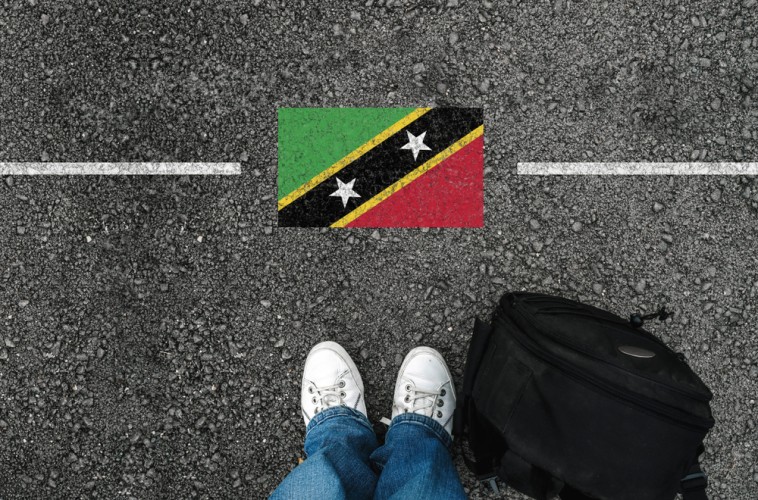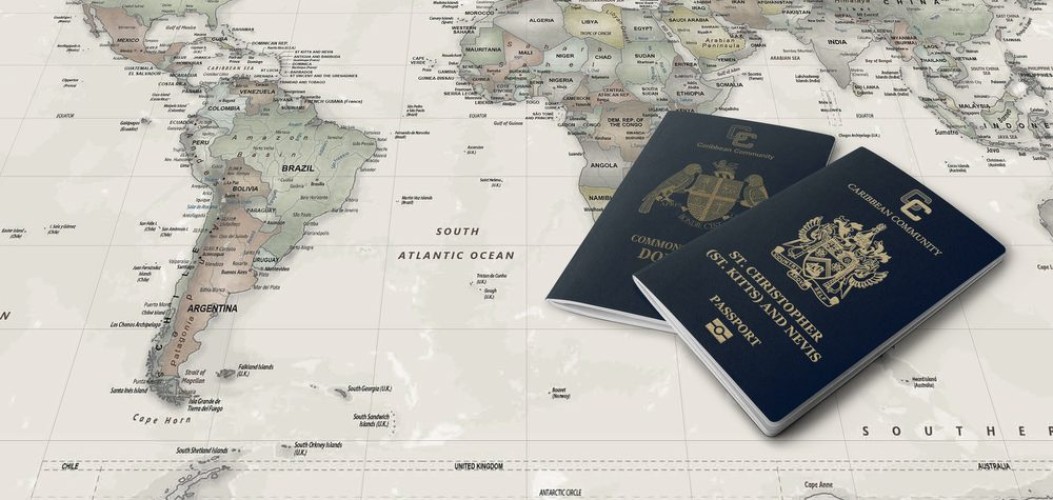The banking landscape in Vanuatu plays a central role in supporting tourism, agriculture, construction, and the rapidly expanding offshore services industry. Despite its small size and limited population—around 300,000 people—Vanuatu has managed to attract a diverse mix of financial institutions, including local commercial banks, international subsidiaries, and offshore entities.
The nation’s appeal lies in its combination of stable governance, flexible financial regulations, and strong oversight by the Reserve Bank of Vanuatu (RBV). In addition, the Vanuatu Financial Services Commission (VFSC) has implemented international compliance reforms that align the country’s banking and corporate structures with OECD and FATF standards. This modernization has significantly improved investor confidence while preserving Vanuatu’s reputation for financial efficiency and accessibility.
For both residents and foreign investors, understanding the structure of Vanuatu’s banking system is crucial. From personal banking and SME loans to international accounts and offshore investment management, Vanuatu offers a broad spectrum of services tailored to its growing role in the global economy.
We will help you obtain a second citizenship
from 10 weeks
Overview of the Banking Sector
Vanuatu’s banking sector plays a pivotal role in supporting the country’s economic stability and international financial reputation. As a small Pacific island nation, Vanuatu has positioned itself as both a domestic and offshore financial center. The country’s financial system is regulated by the Reserve Bank of Vanuatu (RBV), which ensures compliance with global banking standards while encouraging innovation and foreign participation.
The domestic banking market is relatively small but robust, serving around 300,000 residents and a growing number of foreign investors, particularly in the tourism, real estate, and offshore service industries. In recent years, the government has focused on improving transparency and compliance with anti–money laundering (AML) and counter–terrorism financing (CTF) regulations, aligning with the standards set by the Financial Action Task Force (FATF).
| Aspect |
Details |
| Regulator |
Reserve Bank of Vanuatu (RBV) |
| Number of licensed banks |
6 domestic, 4 offshore (as of 2025) |
| Major currencies used |
Vatu (VUV), AUD, USD, EUR |
| Core industries served |
Tourism, construction, import/export, real estate |
| Main services offered |
Retail banking, SME financing, offshore accounts, investment management |
| Key focus |
Financial inclusion, modernization, compliance with AML/CTF |
Vanuatu’s government continues to strengthen its financial sector to attract responsible foreign investors while maintaining the flexibility that once made it a preferred destination for offshore operations.
Central Bank and Regulatory Framework
The Reserve Bank of Vanuatu (RBV) is the central monetary authority responsible for the stability of the national currency (the Vanuatu Vatu) and for supervising the banking system. It was established in 1980 following independence and operates under the Reserve Bank of Vanuatu Act.
The RBV issues banking licenses, sets monetary policy, and oversees compliance with international financial regulations. Banks in Vanuatu must adhere to Basel II standards and provide regular financial reports to ensure transparency.
The Financial Intelligence Unit (FIU) works closely with the RBV to monitor suspicious transactions and strengthen the country’s defense against money laundering. Recent reforms have also modernized digital banking oversight and improved mechanisms for consumer protection, aligning the sector with global standards without compromising accessibility for locals and foreign investors.
Major Commercial and Local Banks
Vanuatu’s commercial banking system includes both international and local players, each serving different segments of the market. The most active domestic banks include:
These banks operate under the supervision of the RBV and comply with domestic regulations while offering convenient services to individuals and businesses. International banking in Vanuatu, though smaller in scale today, continues to attract expatriates, investors, and offshore entities.
Offshore and Private Banking Services
Vanuatu’s offshore banking industry has evolved significantly over the past two decades. Once considered a “tax haven,” the jurisdiction has since implemented major reforms to meet OECD and FATF standards. Offshore banks are licensed separately and must maintain a physical presence in the country. These institutions primarily serve non-resident clients seeking asset diversification, currency management, and international business facilitation. Key advantages of offshore banking in Vanuatu include:
- Access to multi-currency accounts (VUV, USD, AUD, EUR, GBP)
- Low corporate taxation on international income
- Confidentiality under strict compliance frameworks
- Simple incorporation processes for international companies
In recent years, offshore banking in Vanuatu has become more transparent, focusing on legitimate international clients such as digital entrepreneurs and multinational small businesses rather than anonymous account holders. The Vanuatu Financial Services Commission (VFSC) plays a crucial role in regulating non-banking financial institutions, ensuring that investment funds, insurance companies, and corporate service providers operate within international compliance standards.
The banking environment in Vanuatu combines accessibility, regulatory progress, and international relevance. While the domestic banking market focuses on financial inclusion and local development, offshore and private banking continue to attract global investors under improved compliance systems. With increasing modernization and international confidence, Vanuatu’s banking sector stands as a cornerstone of the nation’s sustainable economic growth and global financial participation.





